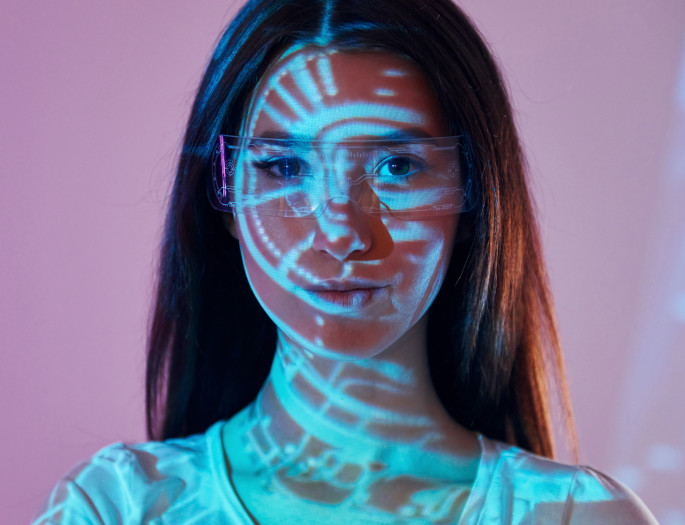Students Patrycja Machno from the Jagiellonian University and Zofia Smoleń from École Polytechnique in Paris have created a tool that recognises mental disorders using artificial intelligence. It also helps to find a solution to the problem by pinpointing the right specialist with the most experience and the method of therapy.
MindMatch is an AI-based chatbot that allows anyone to find a psychologist, psychotherapist, psychiatrist or sexologist. The reason for its creation was the observation that almost 70 % of patients abandon psychotherapy before it is completed, and as many as one third of people give up on a psychotherapist after the first visit. A significant proportion of patients give up completely after these unsuccessful attempts, losing faith in the effectiveness of psychotherapy in general.
The ineffectiveness of therapy usually has several causes. It can be an inadequate level of management, a lack of trust and understanding between therapist and patient, or the selection of an inappropriate methodology. MindMatch identifies 22 signs that signal the need to change therapist.
It uses artificial intelligence to recognise signs of mental disorder in the patient’s description of emotions, and then matches the most appropriate therapy styles and psychotherapeutic streams. So, each person who describes their emotions and wellbeing to the chatbot will receive a list of therapists who work according to the methodologies most optimal for their symptoms.
The chatbot uses Natural Language Processing to analyse the description of wellbeing. With the help of an open-source language model based on the Transformer architecture (the same architecture on which ChatGPT is based), it recognises symptoms of mental disorders in the text and then matches the therapeutic methods that work best for these symptoms. For the patient, it suggests therapists who work with these methods.
Arkadiusz Słomczyński





